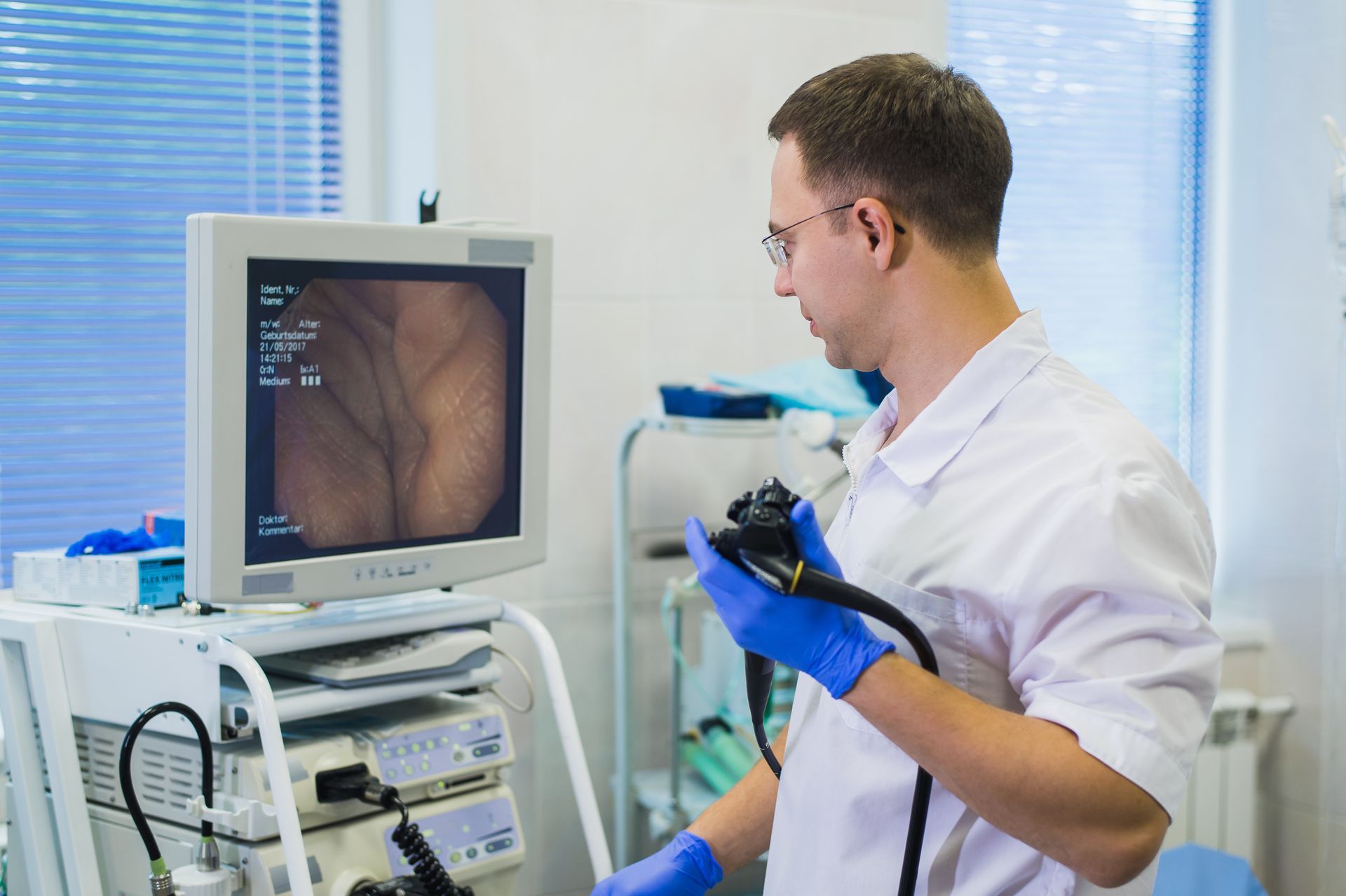What is Dyspepsia and How is it Treated?
Do you frequently suffer from heartburn, indigestion, or abdominal pain after eating? What about regular episodes of pressure or gas? These are all common symptoms of a condition called dyspepsia. The good news is that this condition, and the corresponding symptoms, can be treated once the underlying causes of your discomfort are discovered. Let’s take a closer look at dyspepsia, what causes it, and how to treat it.
What is Dyspepsia?
Dyspepsia, also referred to as indigestion, covers a varying array of stomach and upper digestive tract issues. Symptoms like bloating, gas, stomach pain, and abdominal discomfort after eating a meal all indicate dyspepsia. If you are suffering from chronic dyspepsia, it’s important to find the underlying cause, as opposed to simply treating the symptoms. Functional dyspepsia, or chronic indigestion, occurs when no underlying causes can be found. This can be a sign that a more serious condition or digestive disease may be the issue. GERD, IBS, liver disease, and other gastrointestinal maladies share many of dyspepsia’s symptoms.
What Causes Dyspepsia?
There are several things that can cause the symptoms associated with indigestion. From eating too much, to greasy or spicy foods, some habit changes can mitigate your digestive discomfort. Stress is another factor that can increase the amount of stomach acid and pepsin that your body produces. Nonsteroidal anti-inflammatory drugs (NSAIDs), as well as corticosteroids can also create more stomach acid, which can lead to irritation discomfort.
Preventing Dyspepsia
There are several steps you can take to prevent the symptoms of dyspepsia.
- Eat smaller meals
- Eliminate caffeine
- Eat slowly
- Stop smoking
- Reduce alcohol use
Treating Dyspepsia
If these prevention tactics aren’t effective, dyspepsia can be successfully treated. Over-the-counter medications can help to provide relief from bloating, gas, and other discomfort. Prescription medication is another treatment option. PPIs, or proton-pump inhibitors reduce the overall level of stomach acid in your system. Based on your individual symptoms and their underlying causes, treatment options will vary.
If you experience any of these symptoms you should consult your doctor. The expert, experienced staff of gastroenterologists at Digestive Diseases Center are here to help.
CONTACT
850-763-5409
ADDRESSES
4 LOCATIONS
204 E 19th Street, B, Panama City
12216 Panama City Beach Pkwy, D, Panama City Beach
4295 3rd Ave, Marianna
101 Good Morning St., 109B, Port St. Joe
Subscribe to our newsletter:
subscribe to our newsletter
We will get back to you as soon as possible.
Please try again later.



